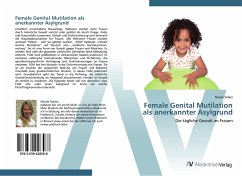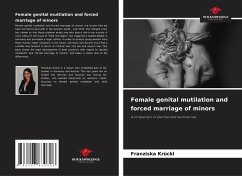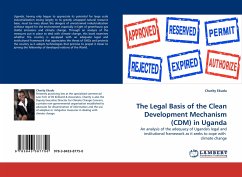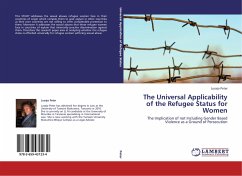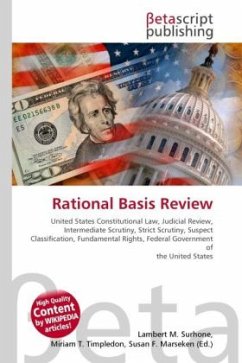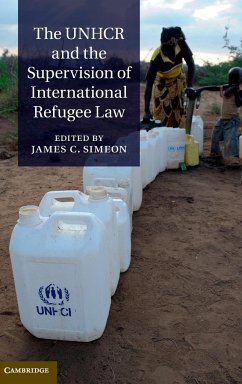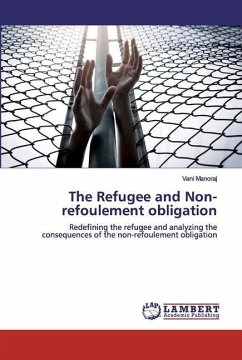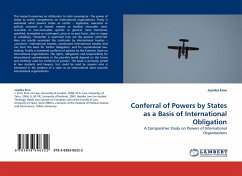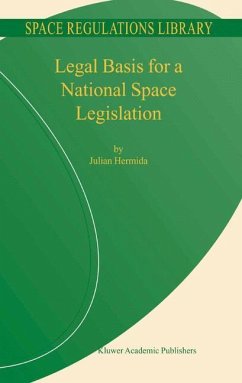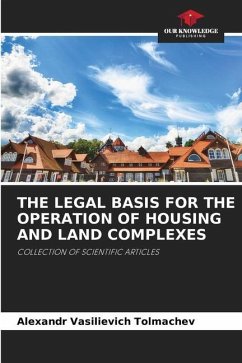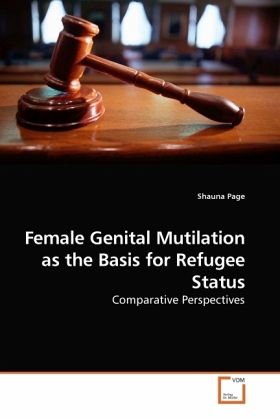
Female Genital Mutilation as the Basis for Refugee Status
Comparative Perspectives
Versandkostenfrei!
Versandfertig in 6-10 Tagen
39,99 €
inkl. MwSt.

PAYBACK Punkte
20 °P sammeln!
This thesis compares and contrasts the law and practice relating to FGM and asylum seekers in the US and Germany. It identifies and addresses two central problems in dealing with the harm of FGM in the context of refugee law; first, the problem caused by the differing interpretations of the definitions of a refugee at the national level; and second, the lack of a gender-sensitive interpretation of the refugee definition. This work should help shed some light on this highly complex legal issue, and should be especially useful for students and researchers interested in international human rights...
This thesis compares and contrasts the law and practice relating to FGM and asylum seekers in the US and Germany. It identifies and addresses two central problems in dealing with the harm of FGM in the context of refugee law; first, the problem caused by the differing interpretations of the definitions of a refugee at the national level; and second, the lack of a gender-sensitive interpretation of the refugee definition. This work should help shed some light on this highly complex legal issue, and should be especially useful for students and researchers interested in international human rights and refugee law. This thesis will help those new to the issues presented to think more critically of the gaps in existing refugee laws and the reforms necessary in order to ensure that those women and young girls at risk of FGM may avail of the protections of refugee law.



